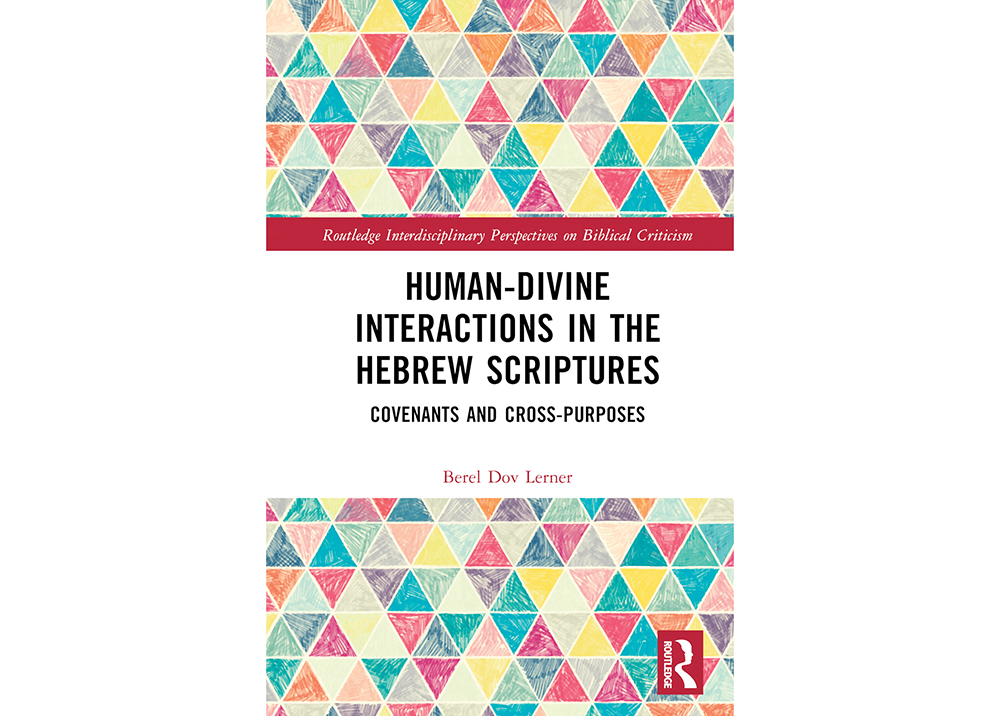
(Courtesy of Yeshiva University) Yeshiva University’s Sacks-Herenstein Center is pleased to announce the winner and finalists of the Rabbi Sacks Book Prize 2024, funded by the Rohr family. Lady Elaine Sacks, Dr. Robert George (Princeton University), Adam Kirsch (Wall Street Journal), Dr. Daniel Rynhold (Bernard Revel Graduate School) and Dr. Shira Weiss (Sacks-Herenstein Center) served as judges. The Rabbi Sacks Book Prize perpetuates the legacy of Rabbi Lord Jonathan Sacks, zt”l by recognizing recently published literary contributions to contemporary Jewish thought.
The winner of this year’s prize is “The Madwoman in the Rabbi’s Attic: Rereading the Women of the Talmud” (Koren) by Gila Fine. The author rereads the archetypal narratives of six heroines in the Talmud and analyzes the moral lessons that can be learned from the texts.
Two finalists were also awarded. “Ethics of our Fighters: A Jewish View on War and Morality” (Koren) by Shlomo Brody presents a systematic analysis of Jewish military ethics and discusses how contemporary ethical dilemmas can be navigated.

“Human-Divine Interactions in the Hebrew Scriptures: Covenants and Cross-Purposes” (Routledge) by Berel Dov Lerner examines the differences between human and divine moral imperatives that are described in biblical narrative.
“The Madwoman in the Rabbi’s Attic” explores the stories of Yalta, Homa, Marta, Heruta, Beruria and Ima Shalom, revealing the complexity of each character as opposed to the one-dimensional archetype that she is traditionally understood to be. Fine utilizes literary and cultural theory to present novel readings of the rabbinic narratives that not only elucidate the Talmudic tales but also convey relevant messages for the contemporary reader.
“Ethics of our Fighters” explicates Jewish just-war theory and its ethical exceptions, including in asymmetric warfare when terrorists hide among noncombatants or use them as human shields. Drawing from contemporary ethics and rabbinic scholarship, Brody analyzes what Israel can learn from past conflicts to repress terror and deter future reprisals.

“Human-Divine Interactions in the Hebrew Scriptures” demonstrates how the actions of God and humans are informed by different moral viewpoints and suggests that God’s plans reflect the interests appropriate for His creating a worthy world, but not necessarily our world. Lerner offers innovative biblical interpretations of ethically challenging texts, such as the eternal divine decree to destroy Amalek and the suffering of the righteous in the Book of Job, to highlight the different goals and perspectives of God and humanity.
The Rabbi Sacks Book Prize Podcast features interviews conducted by Weiss with the authors: https://www.buzzsprout.com/2091103. A virtual Sacks Book Prize event with Fine in conversation with Dr. Erica Brown will be held on Sunday, December 8 at noon ET. To register: www.yu.edu/BookPrize









